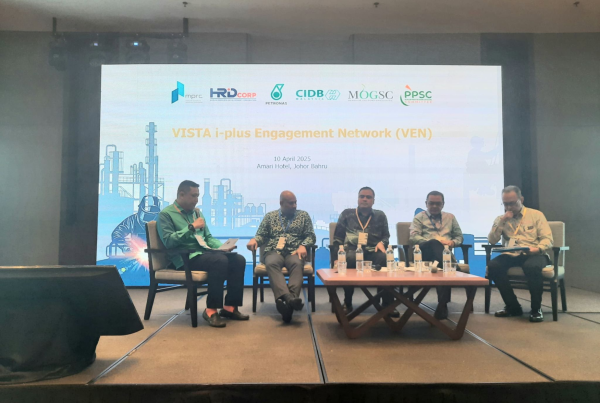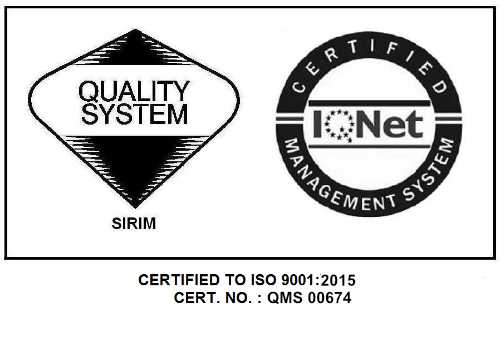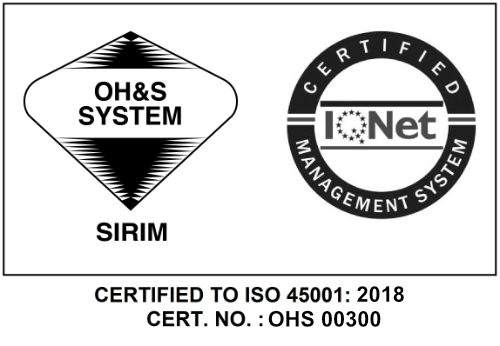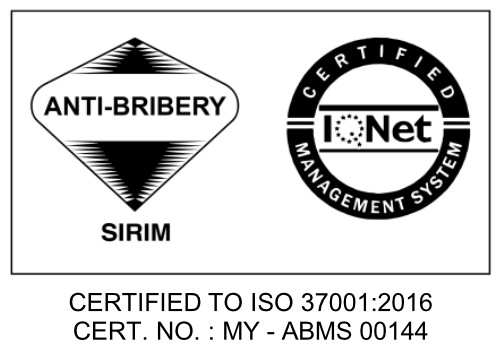Construction Industry Payment and Adjudication Act 2012 (CIPAA) is an Act to facilitate regular and timely payment, to provide a mechanism for speedy dispute resolution through adjudication, to provide remedies for the recovery of payments in the construction industry and to provide for related and incidental issues. On 16 October 2019, the Federal Court of Malaysia handed down its judgment for the following cases: a.) Jack-In Pile (M) Sdn Bhd v Bauer (Malaysia) Sdn Bhd and b.) Ireka Engineering & Construction Sdn Bhd v PWC Corporation Sdn Bhd (and two other appeals), holding that the Construction Industry Payment and Adjudication Act 2012 (CIPAA) applies only prospectively. In other words, CIPAA is only applicable to contracts entered into after the adoption of CIPAA, i.e. 15 April 2014.
Jack-In Pile (M) Sdn Bhd v Bauer (Malaysia) Sdn Bhd
Background
Bauer appointed Jack-In Pile as a subcontractor through a letter of award dated 16 March 2011. The letter of award contains a pay-when-paid clause where all payments to Jack-In Pile shall only be made within seven days from the date Bauer received its related progress payments from the employer. In reliance on that clause, Bauer takes the position that it has no obligation to pay Jack-In Pile until and unless it receives payment from the employer. In return, Jack-in-Pile relied on Section 35 of CIPAA which renders pay-when-paid clauses void.
Jack-In Pile initiated adjudication proceedings against Bauer and obtained an adjudication decision where Bauer was required to pay the sum of RM 906,034.00. Jack-In Pile applied to enforce the adjudication decision. Bauer applied to set aside the adjudication decision on the main ground that Section 35 of CIPAA does not apply retrospectively to the dispute as parties had exercised their contractual rights under the pay-whenpaid clause before CIPAA was enacted.

High Court
The High Court found for Jack-In Pile and held that CIPAA (and Section 35 which voids pay-when-paid clauses) applies retrospectively relying on the High Court decision of UDA Holdings Bhd v Bisraya Construction Sdn Bhd & Anor [2015] 11 MLJ 499 (“UDA Holdings”). Bauer appealed to the Court of Appeal.
Court of Appeal
The Court of Appeal overturned the High Court’s decision and found that CIPAA applies prospectively (only applicable to contracts entered into after 15 April 2014) given that it affects substantive rights of parties, i.e. rights to payment pursuant to contract. JackIn Pile appealed to the Federal Court.
Federal Court
In the appeal to the Federal Court, the following questions were raised for determination:
- Whether CIPAA Applies retrospectively to construction contracts entered into before CIPAA, i.e. 15 April 2014?
- If CIPAA applies retrospectively, does section 35 also apply retrospectively to all construction contracts entered into before CIPAA, i.e. 15 April 2014?
The Federal Court affirmed the Court of Appeal’s decision that CIPAA applies prospectively.
In making its decision, the Federal Court expressly disagreed with the High Court in UDA Holdings’ case. It was held that as CIPAA provides an additional avenue for parties to commence legal actions to claim for monies due, it is not a mere change of forum (from court or arbitration to adjudication) and it affects the substantive rights of parties. This is particularly applicable in the case of section 35 of CIPAA as it prohibits parties to rely upon payment arrangements entered into between parties before CIPAA was enacted.
The Federal Court also considered sections 2, 3 and 41 of CIPAA, which set out the applicability and non-applicability of CIPAA. The Federal Court found that the Parliament would have included an express section in CIPAA if it was intended to apply retrospectively.
Ireka Engineering & Construction Sdn Bhd v PWC Corporation Sdn Bhd
Background
In the case of Ireka Engineering, Ireka appointed PWC Corporation under three contracts for construction projects in Mont Kiara, Sandakan and KL Sentral respectively, all of which were entered into before CIPAA came into force.
Disputes arose under the three projects, and PWC Corporation initiated adjudication proceedings against Ireka. Ireka’s primary defence and cross-claim in the adjudication proceedings was that it had a right to set off any amount claimed by PWC Corporation against any amount due or liable to be paid by PWC across all three projects (“cross contractual set off”).
The adjudicator in delivering a decision in favour of PWC Corporation decided that he had no jurisdiction over disputes arising out of the other projects and contracts as they concerned other contracts and the disputes were before two other adjudicators.
PWC applied to enforce the adjudication decision. Ireka applied to set aside the adjudication decision on the main ground that there was a breach of natural justice when the adjudicator refused to consider the cross contractual set-off.
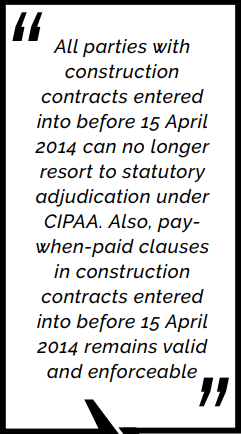
High Court & Court of Appeal
The High Court found for PWC Corporation and held that the adjudicator was right in declining jurisdiction over and beyond the project/contract before him given that the other two contracts were before different adjudicators. This was also affirmed by the Court of Appeal. The arguments that CIPAA applies prospectively were raised by Ireka in the Court of Appeal.
Ireka then appealed to the Federal Court.
Federal Court
The same quorum who heard Jack-In Pile heard the current appeal and decided (on the same grounds) that CIPAA applies prospectively.

Key Takeaways
The Federal Court’s decisions in the above-mentioned cases of Jack-In Pile and Ireka have certainly created an impact in the construction industry. All parties with construction contracts entered into before 15 April 2014 can no longer resort to statutory adjudication under CIPAA. Also, paywhen-paid clauses in construction contracts entered into before 15 April 2014 remains valid and enforceable. However, the Federal Court’s decisions have also created difficulties and uncertainties, particularly concerning the recovery of monies paid out under adjudication decisions, which will now be rendered void.
Further, the remedies available to affected parties faced with the following scenarios remain uncertain:
For Adjudication Decisions (now void because contracts were entered into before 15 April 2014) enforced as a judgment in the High Court:
- where a party has paid out monies pursuant to a void adjudication decision, what are the recovery avenues to restore parties back to their original positions?
- where a party has paid out monies pursuant to section 30 of CIPAA which allows the winning party to claim the sum against the principal party (i.e. employer of a construction project), what are the recovery avenues for the party to recover the sum paid out?
For Winding up proceedings initiated premised on debs arising out of adjudication decisions (now void because contracts were entered into before 15 April 2014), would a setting aside or termination of the winding-up proceedings be possible if a party has been wound up?







